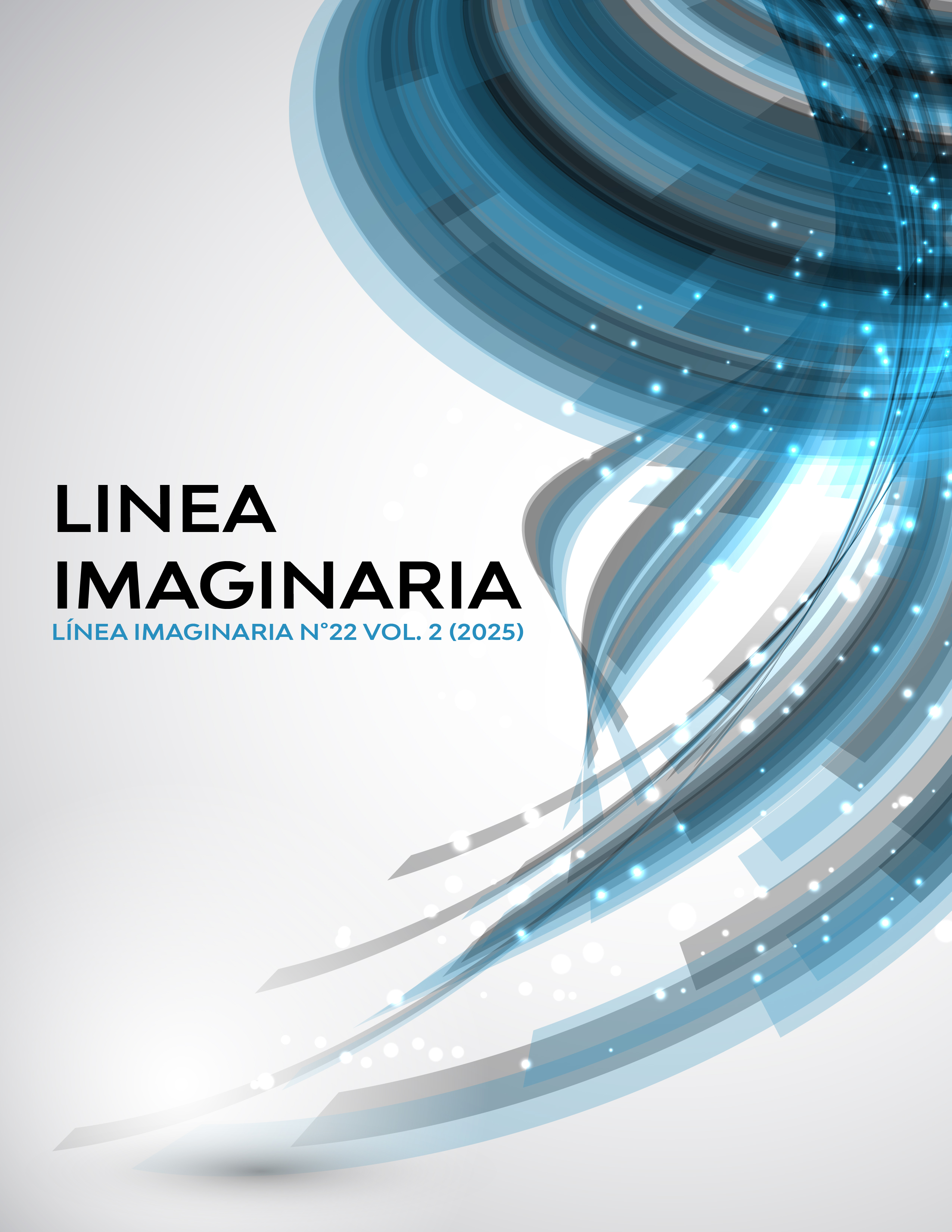Disruptive critique of gamification as an educational strategy in the 21st century
DOI:
https://doi.org/10.56219/lneaimaginaria.v2i22.4516Keywords:
Gamification, operant conditioning, motivation and playAbstract
The 21st century is accompanied by the emergence of new educational proposals linked to ICTs, proving to be promising sources of improvement in teaching-learning processes in the classroom. The purpose of this research essay is a critical reflection on gamification as a competent pedagogical strategy for the current needs of education. For this purpose, documentary information from doctoral theses, scientific articles, books and journals, consulted in libraries and virtual repositories, was taken into account as an epistemic source under the categories of gamification, motivation, play, and operant conditioning. This paper presents a critical analysis of the positive and negative aspects of gamification, both in its theoretical foundations and documented empirical results, in relation to motivation and its use in the classroom. It highlights positive aspects where gamification can be a sporadically useful methodology in classes, by improving students' extrinsic motivation and academic performance. However, on the other hand, it highlights negative aspects such as the lack of intrinsic motivation, which prevents the extrapolation of its concepts, and the reduced useful time in understanding concepts. At the same time, its behaviorist factor is evident, as it uses operant conditioning to generate motivation and changes in the user. The essay concludes with the possible consequences of its misuse, emphasizing stress or disengagement from the activity when exposed to these stimuli for long periods of time.
Downloads
References
Boillos, F. (2024). La gamificación y el aprendizaje lúdico como recurso didáctico: práctica comparada y análisis de una metodología en centros de España y Costa Rica. Http://purl.org/dc/dcmitype/Text, Universidad de La Rioja, 2024. https://dialnet.unirioja.es/servlet/tesis?codigo=325324.
Calbacho, V. (2022). Gamificación como metodología de la enseñanza y el aprendizaje para el fomento de la motivación, la satisfacción y el mejoramiento del rendimiento académico: una innovación en aula para educación superior. Http://purl.org/dc/dcmitype/Text, Universidad Católica de Córdoba (UCC), 2022. https://dialnet.unirioja.es/servlet/tesis?codigo=312941.
Farray B, Leonor. (2023). Creación de un modelo de intervención psicopedagógica que favorezca el desarrollo de las habilidades intelectuales: la motivación de los estudiantes del tercer nivel del segundo ciclo de la educación secundaria en Santo Domingo, República Dominicana. Http://purl.org/dc/dcmitype/Text, Universidad de Córdoba (ESP), 2023. https://dialnet.unirioja.es/servlet/tesis?codigo=327164.
Hurtado Torres, Daniel. «Gamificación y realidad virtual: desarrollo y aplicación de un videojuego como complemento didáctico en ciencias sociales». Http://purl.org/dc/dcmitype/Text, Universitat de Barcelona, 2022. https://dialnet.unirioja.es/servlet/tesis?codigo=309894.
Maslow, A. «A Theory of Human Motivation», 1943. https://psychclassics.yorku.ca/Maslow/motivation.htm. DOI: https://doi.org/10.1037/h0054346
Mora E, Gloria, Tamayo, S, Andrea, Lara L, Fernando, & Herrera N, Cristopher. (2023). La gamificación y su potencial para la disminución del estrés escolar: caso de una Institución de Educación General Básica ecuatoriana. Revista Educación, 47(2), 454-482. https://dx.doi.org/10.15517/revedu.v47i2.53749 DOI: https://doi.org/10.15517/revedu.v47i2.53749
Pérez, I, & Navarro, C. (2022). Gamificación: lo que es no es siempre lo que ves. Sinéctica, (59), e1414. Epub 13 de febrero de 2023.https://doi.org/10.31391/s2007-7033(2022)0059-002 DOI: https://doi.org/10.31391/S2007-7033(2022)0059-002
Romero, M. y López, M. (2021). Luces, sombras y retos del profesorado entorno a la gamificación apoyada en TIC: un estudio con maestros en formación. Revista Electrónica Interuniversitaria de Formación del Profesorado, 24(2), 167-179. DOI: https://doi.org/10.6018/reifop.470991
Rosal S, Irene. (2023). Las emociones en el aprendizaje de las ciencias de la naturaleza en el alumnado de educación primaria. Un programa de intervención emocional». Http://purl.org/dc/dcmitype/Text, Universidad de Extremadura, 2023. https://dialnet.unirioja.es/servlet/tesis?codigo=322065.
Sitas, E. (2022). Diseño, producción y evaluación de la gamificación por medio de un curso gamificado en Moodle. Http://purl.org/dc/dcmitype/Text, Universidad del País Vasco - Euskal Herriko Unibertsitatea, 2022. https://dialnet.unirioja.es/servlet/tesis?codigo=306481.
UNESCO (2023), Tecnología en la educación:¿UNA HERRAMIENTA EN LOS TÉRMINOS DE QUIÉN- UNESCO Biblioteca Digital. Consultado: 10 de enero del 2025. https://unesdoc.unesco.org/ark:/48223/pf0000388894
Zambrano M, D. F. (2021), Estudio de las estrategias de gamificación aplicadas al desarrollo de competencias digitales en docentes en formación. Http://purl.org/dc/dcmitype/Text, Universidade de Vigo, 2021. https://dialnet.unirioja.es/servlet/tesis?codigo=289738.
Downloads
Published
How to Cite
Issue
Section
License

This work is licensed under a Creative Commons Attribution-NonCommercial-ShareAlike 4.0 International License.
La revista Línea Imaginaria conserva los derechos patrimoniales (copyright) de las obras publicadas, que favorece y permite la reutilización de los mismos bajo la licencia Creative Commons Atribución-NoComercial-CompartirIgual 4.0 , por lo cual se pueden copiar, usar, difundir, transmitir y exponer públicamente, siempre que se cite la autoría y fuente original de su publicación (revista, editorial, URL y DOI de la obra), no se usen para fines comerciales u onerosos y se mencione la existencia y especificaciones de esta licencia de uso. Si remezcla, transforma o crea a partir del material, debe distribuir su contribución bajo la misma licencia del original.













